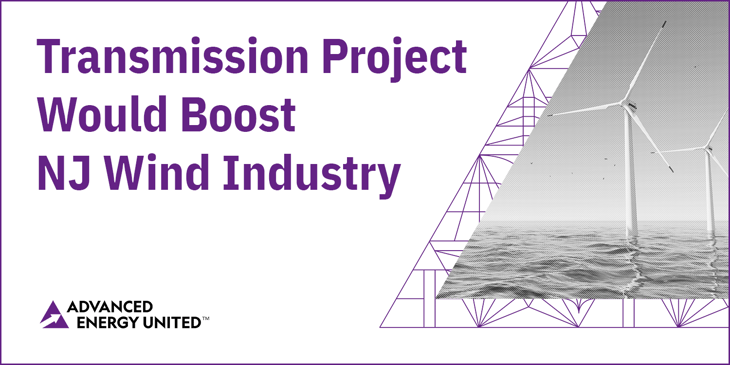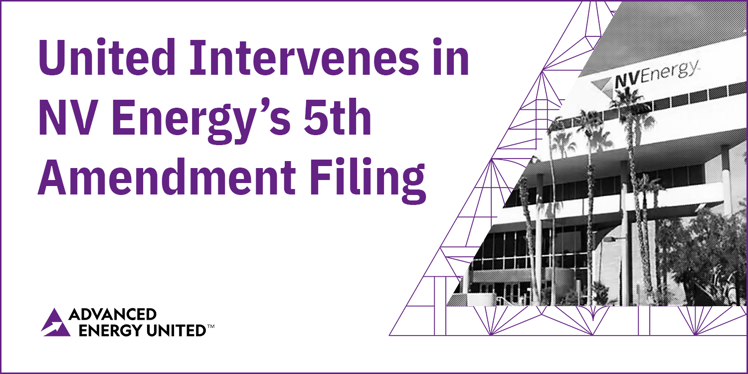
How States Turned to Advanced Energy to Heat Homes in 2025, and our 2026 New Year’s Resolutions
Topics: State Policy, Regulatory, Economic Impact, Building Electrification, Federal Priorities
Advanced Energy United Testifies in Support of New Jersey Offshore Wind Infrastructure

The New Jersey Board of Public Utilities held a public stakeholder meeting this week where Advanced Energy United and key allies spoke in favor of opening a prebuild infrastructure solicitation to support the development of offshore wind projects.
The transmission project would allow 3,742 MW of offshore wind power to connect to the grid, supporting up to four different wind projects.
Topics: Regulatory, Transmission, Offshore Wind, New Jersey
Advanced Energy United Hosts Arizona Corporation Commission Candidate Forum
.png?width=730&height=365&name=Blog%20Clean%20Energy%20Business%20Industry%20Meets%20Arizona%20ACC%20Candidates%20(1).png)
Earlier this week, Advanced Energy United (United) co-hosted and organized an Arizona Corporation Commission (ACC) candidate forum, bringing together interested member companies from the United West Working Group to engage in thoughtful conversations and dialogue with ACC candidates.
Topics: State Policy, Regulatory, Arizona
United Calls on Nevada PUC to Reject NV Energy’s Latest IRP Amendment

Five amendments to a three-year plan is a lot, but that’s what Nevada energy utility NV Energy has proposed to its 2021 Integrated Resource Plan. An IRP is the process through which the Public Utilities Commission of Nevada (PUCN) ensures the utility has the resources it needs to reliably and affordably serve Nevada electric customers. NV Energy’s 5th amendment to its current IRP would allow the utility to get major projects approved under a shortened, simplified process that doesn’t get the scrutiny an IRP should otherwise have.
Topics: Regulatory, Nevada, Integrated Resource Planning
Building for the Future Through Improved Transmission Planning & Cost Allocation

The United States electric grid is undergoing a transformation and significant changes need to occur for Americans to fully realize the benefits of these improvements. The key is the transmission system. As the federal agency charged with regulating interstate transmission of electricity, the Federal Energy Regulatory Commission (FERC) is uniquely positioned to create new rules that better ensure Americans can achieve equitable, affordable access to energy, secure our grid’s future reliability, and accelerate the transition to clean generation and advanced grid technologies.
Topics: Regulatory, Wholesale Markets, Transmission